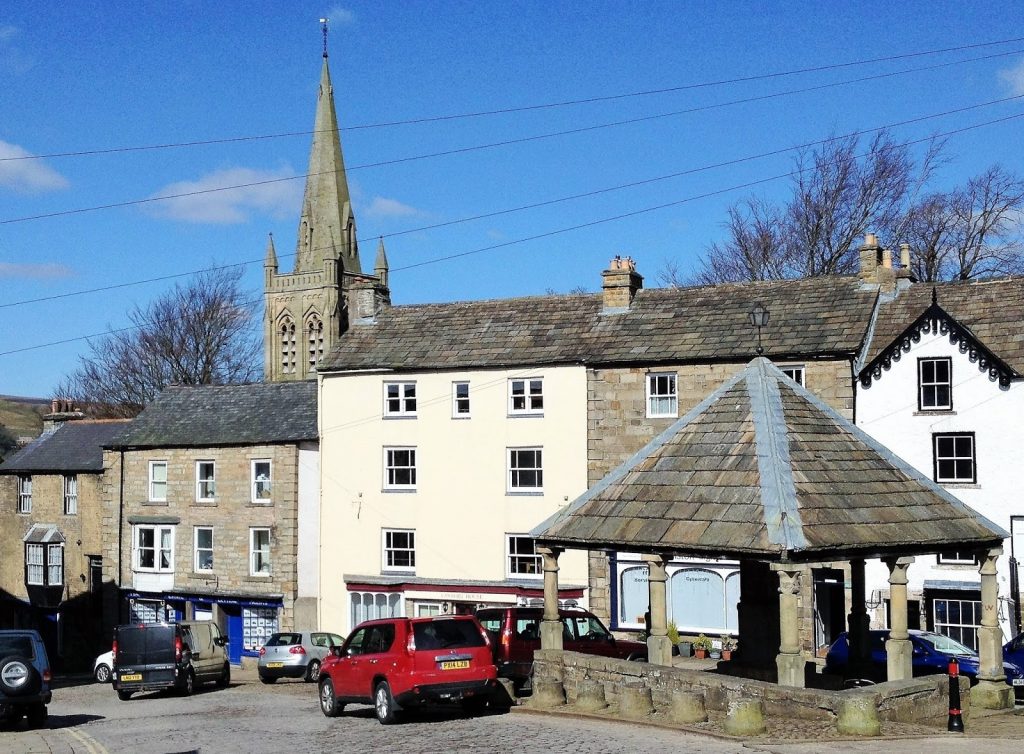We have 15 Councillors representing three wards: eight Alston Councillors, four from Nenthead and three from Garrigill. The Council is also the sole trustee of Alston Town Hall, and Councillors are trustees for the Fairhill Estate Charity. Although some Parish Councils have politically-affiliated Councillors, this is unusual in our area and has never been the case on Alston Moor – our Councillors all sit as independents. They are elected in May every fourth year, for a four year term. Alston Moor Councillors do not usually claim expenses, although limited expenses can be legally permitted, for example if travel outside the Parish is required.
The Parish Council normally meets in Alston, Garrigill or Nenthead at 7pm/19:00 on the first Monday of the month, although bank holidays may upset this schedule, with the meeting usually happening a week later. The agenda is posted on the website, on noticeboards and in the three post offices. The public is entitled, and very welcome, to attend meetings. There is always a slot on the agenda for local residents to address the Council briefly, to ask or answer any questions on any item on the agenda.
The Parish Council acts as a consultee and lobbying force with our unitary council, Westmorland & Furness Council (WAFC), putting forward the interests of the community. We also take a lead in furthering local interests in all aspects of life on Alston Moor. In many less conspicuous ways, in exerting influence on all sorts of other bodies, the Parish Council acts as a spokesperson and torchbearer for the people of Alston Moor.
Westmorland & Furness Council is responsible for planning matters, although the Parish Council is consulted and given the opportunity to comment. The final decision is made by WAFC.
The list of the Statutory Spending Powers of Parish Councils gives examples of things that Parish Councils can do, and reference to the legislation that provides the power to act (including spending money). Parish Councils may be granted an extension to these powers, the ‘General Power of Competence’ status, which enables them to carry out any activities an individual may legally do.
WAFC raises their income through Council Tax, business rates, fees and charges and Central Government. Parish Councils, however, receive no money from Central Government and receive no contribution from business rates. They are funded by levying a precept on local residents, collected with the Council Tax.







